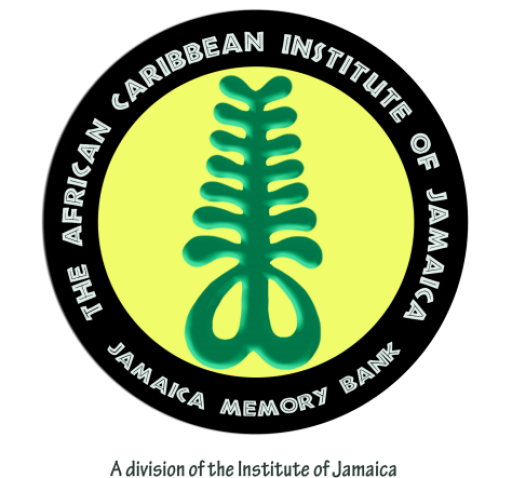THE 1865 MORANT BAY Rebellion
THE PRELUDE TO THE REBELLIONWith the British government’s passage of the Emancipation Act in 1834, the enslaved population throughout the colonies was granted freedom from working on the sugar plantations, and the right to establish themselves as free persons. However, by the…
Two to One … Ghana
The Republic of Ghana is a West African nation believed to be the ancestral home of the vast majority of Jamaica’s Black population. Its national flag – much like the Ethiopian flag, which is revered by Jamaica’s Rastafari community – consists of…
World Day for Cultural Diversity for Dialogue and Development
The United Nations’ World Day for Cultural Diversity for Dialogue and Development is recognised and celebrated around the world on May 21. The designation came in 2001 when the UN adopted the Universal Declaration on Cultural Diversity and, in 2002, the UN…
Storytelling: A Vehicle for Cultural Preservation
Storytelling is an important cultural thread that makes up the colourful fabric of Jamaican society. Louise Bennett Coverley, Ranny Williams, Charles Hyatt, Dr. Amina Blackwood Meeks, and many others, have played an integral role in promoting and protecting this aspect of Jamaica’s…
Kumina
Kumina is a musico-religious form which is based mainly on communication with the ancestors of the Congo people of Africa and their descendants in Jamaica. The dance ritual is also performed at times for recreational purposes.
The History and Development of Devon House
Devon House, located at the corner of Hope Road and Waterloo Road in St. Andrew, is a historic building and is regarded as one of the finest examples of nineteenth century domestic architecture in Jamaica. It is situated a far distance from…
Jamaica’s National Bird: The Doctor Bird
The doctor bird, also known as the Swallow-tail hummingbird, Streamer-tail, Scissors-tail or Swallow-streamer or by its scientific name, Trochilus polytmus, is considered to be one of the most outstanding of the 320 species of hummingbirds. The genus is currently split into two…
UNESCO International Youth Day
Despite almost every nation grappling with its own challenges, there is a global push for diversity, equity, and inclusion for everyone – regardless of race or ethnicity. At the core of this thrust are common topics and pervasive societal issues ranging from…
UNESCO International Literacy Day
This year, UNESCO is celebrating International Literacy Day (ILD) 2022 on the 8th of September under the theme – Transforming Literacy Learning Space – a global call to action that informs and inspires people of the importance of literacy learning spaces to…
Jamaica’s Highest Honour: The Order of National Hero
Established in 1969 through the National Honours and Awards Act, Jamaica’s Order of National Hero is the highest award that can be bestowed in the country. It, along with the other National Honours and Awards, made it possible for the nation to…
A Brief History of East Indian Heritage in Jamaica
The East Indians are the largest ethnic minority group living in Jamaica at present. The decision to introduce East Indian immigrant workers to the island’s plantations came after the failure of the post-slavery apprenticeship system in 1838 as well as the European…
The Significance of Jamaica’s National Symbol – the Coat of Arms
A coat of arms is the principal part of a system of hereditary symbols, which dates back to early medieval Europe, and is used mainly to establish identity in battle. A coat of arms that is found on an escutcheon forms the…
